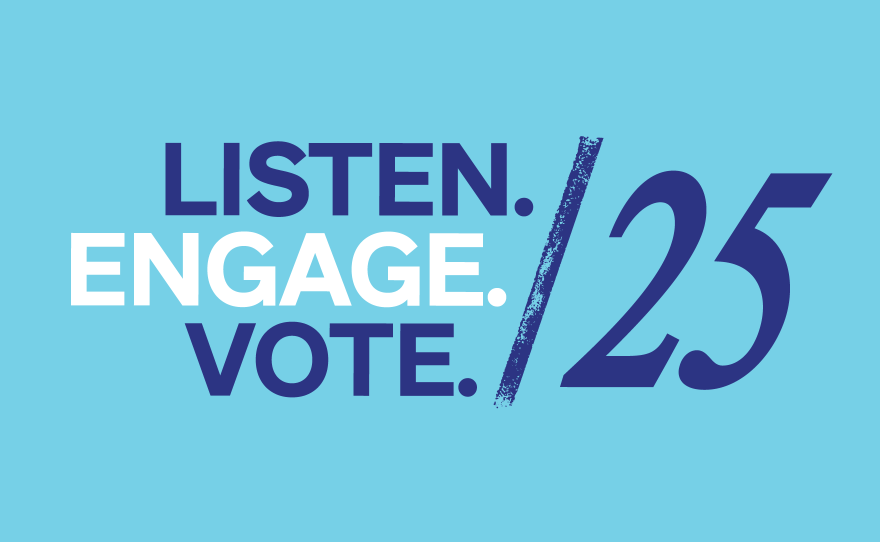The report says 9% of Ohio's manufacturing companies have brough some production back to the state from overseas.
Latest Headlines
- Columbus taps H2Ohio initiative for lead service line replacement project at childcare centers
- This 90-year old runner from North Olmsted won't slow down
- Steubenville campus for Youngstown State University one step closer to reality
- Putin says U.S. plan for Ukraine could form the basis for a final peace settlement
- Could wastewater help Summit County monitor drug usage? Officials tout new tracking tool
Editors' Picks

The state legislature Wednesday passed several bills aimed at property tax relief, sending them to the governor for his signature.
-
Former U.S. Rep. Tim Ryan has been considering running for the Democratic nomination for Ohio governor for months.
-
A photography workshop called IlluminateHER is meant to help young Cleveland girls share their lives through photos. It wraps up this weekend with an exhibition in Cleveland's Gordon Square.
-
Parkinson's patients in Northeast Ohio are reading to children to delay the onset of Parkinson’s symptoms, including loss of vocal cord control and depression.
-
Less than a year from the midterm elections, state and local voting officials from both major political parties are actively preparing for the possibility of interference by the Trump administration.
-
President Trump lavished praise on New York City Mayor-elect Zohran Mamdani as the two met for the first time in the Oval Office after a history of trading political insults.
-
The bill puts unnamed abortion medications into a group of drugs, based on side effects and more, that would require an in-person visit before a doctor in Ohio could prescribe them.
-
Though there are some concerns about the economy, Ohio’s retailers are still expecting a good holiday season this year.
-
Republican sponsors said the four property tax bills add up to $2 billion in tax relief, but opponents said they were rushed and lawmakers could do more for Ohio homeowners.
-
The Ohio High School Athletic Association's emergency vote on NIL was prompted by a lawsuit filed by a parent of a Dayton-area football player in October.






















